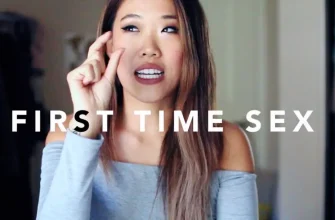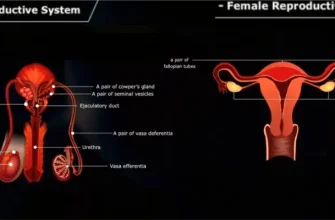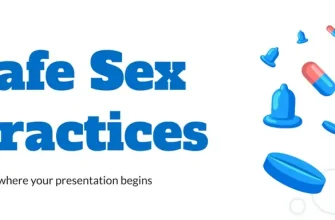Sex education has long been a critical component of human development, but for LGBTQ+ individuals, inclusive and comprehensive sex education remains a significant gap in many educational systems. Understanding sexual health, relationships, consent, and emotional well-being is essential for all individuals, but it becomes even more pressing when addressing the diverse needs of the LGBTQ+ community. This article delves into the key components of LGBTQ+ sex education, supported by facts, statistics, and trusted references to promote a better understanding of this vital subject.
The Importance of LGBTQ+ Inclusive Sex Education
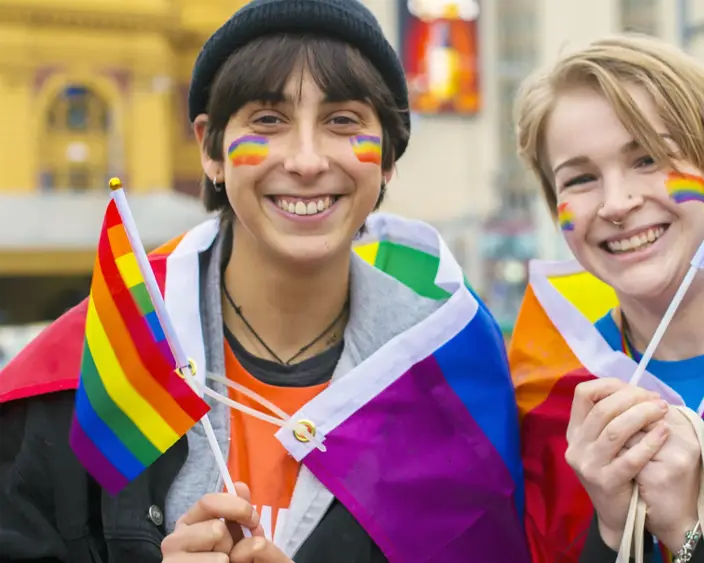
Sex education is crucial for everyone, regardless of sexual orientation or gender identity. For LGBTQ+ individuals, inclusive sex education is not just a matter of providing information about anatomy and contraception, but also addressing issues such as gender identity, sexual orientation, emotional well-being, and relationship dynamics in ways that are affirming, relevant, and scientifically accurate. Research indicates that when LGBTQ+ individuals have access to comprehensive, inclusive sex education, they are more likely to engage in safe sexual practices and less likely to experience negative health outcomes, such as sexually transmitted infections (STIs) and unintended pregnancies.
A 2019 study by the Human Rights Campaign (HRC) found that:
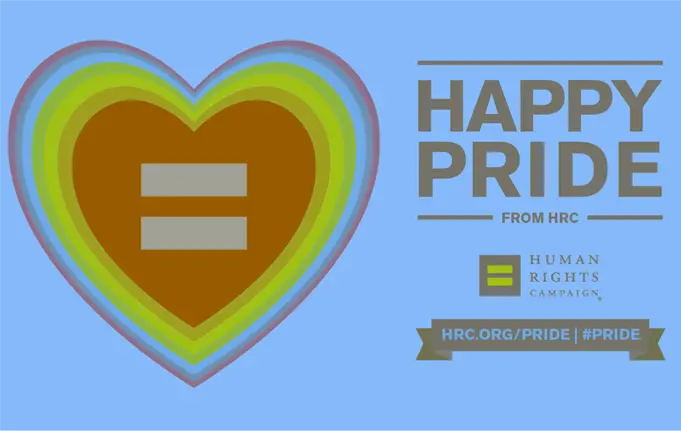
- 70% of LGBTQ+ students reported receiving little or no instruction on topics relevant to their lives during sex education classes.
- LGBTQ+ students are more likely to experience bullying, harassment, and isolation in school settings, particularly when sex education curricula do not address LGBTQ+ issues.
- In areas with inclusive sex education, LGBTQ+ youth report higher levels of mental well-being and reduced instances of self-harm and suicidal ideation (Human Rights Campaign, 2019).
This underscores the necessity for LGBTQ+ inclusive sex education that addresses both physical and emotional aspects of sexuality.
Key Components of LGBTQ+ Inclusive Sex Education
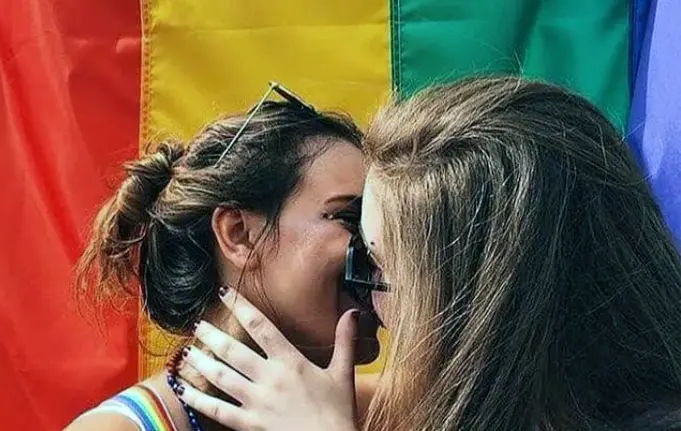
LGBTQ+ sex education must go beyond the traditional scope of sex education, which typically focuses on cisgender heterosexual relationships. It should cover topics that are specific to the LGBTQ+ community, including:
Understanding Sexual Orientation and Gender Identity
- Sexual orientation refers to who someone is attracted to. Common orientations include heterosexuality, homosexuality, bisexuality, pansexuality, and asexuality.
- Gender identity is how a person experiences their own gender. It can align with or differ from the sex they were assigned at birth. Key terms include cisgender (when gender identity aligns with assigned sex at birth), transgender (when gender identity differs from assigned sex), and non-binary (a gender identity that does not fit within the traditional male-female binary).
Providing education on these concepts helps students understand the diversity within the LGBTQ+ community and reduces stigma and discrimination. Understanding sexual orientation and gender identity is foundational for creating a respectful, affirming environment for LGBTQ+ individuals.
Safe Sex Practices for LGBTQ+ Individuals
For LGBTQ+ individuals, safe sex education must be tailored to specific sexual practices and risks associated with them. For instance, anal sex and oral sex have different risk profiles for sexually transmitted infections (STIs), and certain protective measures (such as condoms, dental dams, and PrEP) may be more relevant for some individuals than others.
Key points of safe sex for LGBTQ+ individuals include:
- Condoms: While condoms are most commonly used during vaginal and anal intercourse, they are also important in preventing STIs during oral sex (e.g., dental dams for oral-vaginal or oral-anal sex).
- PrEP (Pre-Exposure Prophylaxis): PrEP is a medication taken by HIV-negative individuals to prevent the transmission of HIV. Studies show that PrEP is highly effective in reducing the risk of HIV transmission in high-risk populations, including gay and bisexual men (CDC, 2020).
- Regular STI testing: LGBTQ+ individuals should be educated on the importance of regular STI testing, especially since individuals in same-sex relationships may not always have the same access to sexual health services or receive the same level of education about testing as their heterosexual peers.
Mental Health and Emotional Well-being
Mental health is an integral part of sex education, as emotional well-being directly influences sexual health and relationship dynamics. LGBTQ+ individuals often face unique mental health challenges, such as discrimination, lack of family support, and societal stigmatization, all of which can lead to higher rates of anxiety, depression, and suicidal ideation.
According to the National LGBTQ Task Force (2019), LGBTQ+ individuals are:
- 2 to 3 times more likely to experience mental health challenges than their heterosexual counterparts.
- More likely to experience bullying, rejection, and isolation, particularly during adolescence.
- At higher risk for self-harm and suicide. Transgender youth, for example, are particularly vulnerable, with up to 40% of transgender individuals reporting suicide attempts at some point in their lives.
Addressing mental health in LGBTQ+ inclusive sex education can help students recognize the signs of distress and understand the resources available for emotional support. It’s also important to discuss healthy relationship dynamics and how to foster self-respect, self-care, and mutual respect in sexual and romantic relationships.
Consent and Healthy Relationships
Consent is a critical aspect of any sexual relationship, but it is especially important to address within the LGBTQ+ community, where norms around sexual dynamics can be diverse. Comprehensive education should define what consent looks like, how to communicate boundaries, and how to ensure mutual respect in all types of relationships.
Additionally, LGBTQ+ students should learn about the different types of relationships—ranging from monogamous to polyamorous—and how to navigate these relationships healthily and consensually. Consent education should be tailored to address both physical and emotional consent, emphasizing the importance of communication and respect at every stage of the relationship.
Reproductive Health Education
While LGBTQ+ individuals may not always be focused on reproduction (for example, in same-sex relationships), reproductive health still plays a significant role, especially for those interested in starting a family. Educating LGBTQ+ individuals on reproductive health options—such as assisted reproductive technologies, surrogacy, and adoption—is important.
In addition, many LGBTQ+ individuals are at risk of reproductive health issues, such as those involving sexual function or fertility. Understanding these health issues can improve well-being and inform decisions regarding sexual and reproductive choices.
HIV and STI Education
HIV remains a critical health issue in the LGBTQ+ community, particularly among men who have sex with men (MSM). According to the Centers for Disease Control and Prevention (CDC), gay and bisexual men accounted for 66% of all new HIV diagnoses in the U.S. in 2018. This highlights the importance of education around HIV prevention, including understanding how HIV is transmitted, how to use protection, and the role of medications like PrEP in preventing the virus.
Other STIs, such as gonorrhea, syphilis, and chlamydia, are also more common in the LGBTQ+ community, so education about testing and prevention is crucial.
The Impact of Inclusive Sex Education

The impact of inclusive sex education on LGBTQ+ youth cannot be overstated. According to a 2017 report by the GLSEN (Gay, Lesbian & Straight Education Network), schools that incorporate LGBTQ+ inclusive sex education report:
- Lower rates of bullying and harassment.
- Improved academic outcomes for LGBTQ+ students.
- Higher levels of comfort and acceptance among students regarding diversity in sexual orientation and gender identity.
Inclusive education promotes a safer, more accepting environment, where LGBTQ+ individuals can learn and grow without fear of discrimination. By integrating LGBTQ+ topics into sex education curricula, schools can play a crucial role in shaping attitudes and behaviors that lead to healthier relationships, safer sexual practices, and better overall well-being for LGBTQ+ youth.
LGBTQ+ sex education is a critical aspect of a more inclusive, respectful, and scientifically accurate understanding of human sexuality. It is vital that LGBTQ+ individuals, especially youth, have access to education that reflects their lived experiences and addresses their unique health and emotional needs. By integrating LGBTQ+ topics into comprehensive sex education, we can help promote safer sexual practices, healthier relationships, and better mental and emotional well-being for everyone.
As society continues to evolve, the importance of inclusive sex education cannot be overstated. It is a step toward breaking down stigma, fostering acceptance, and ensuring that all individuals—regardless of sexual orientation or gender identity—have the tools and knowledge they need to lead healthy, fulfilling lives.
References:
- Human Rights Campaign. (2019). The State of LGBTQ+ Youth in America.
- Centers for Disease Control and Prevention (CDC). (2020). Pre-Exposure Prophylaxis (PrEP).
- National LGBTQ Task Force. (2019). Mental Health and the LGBTQ+ Community.
- GLSEN. (2017). The GLSEN 2017 National School Climate Survey.

Gerald Werner
Sex Education Editor
An experienced editor with a background in journalism and a master’s degree in education, they lead the Sex Education section at EroticThreads. With over 15 years of experience in writing and editorial management, they have contributed to expanding the platform’s reach and impact by creating evidence-based, inclusive, and engaging content on sexual wellness, relationships, and personal empowerment. Their work has been featured in several international forums and publications advocating for modernized sexual education. Outside of their professional role, they enjoy exploring the outdoors, experimenting with vegan cuisine, and curating a personal library of rare and first-edition books.

